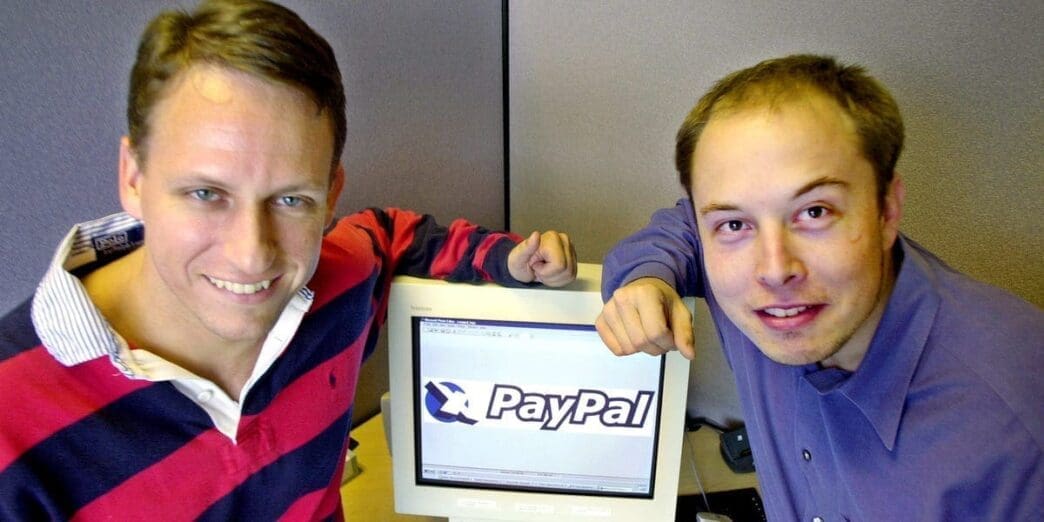In the early 2000s, a group of PayPal’s founders and employees, famously dubbed the “PayPal Mafia,” has profoundly shaped the trajectory of Silicon Valley and the global tech landscape. This influential cohort, which includes figures like Elon Musk, Peter Thiel, and Reid Hoffman, has spawned and propelled myriad successful companies.
Elon Musk, an early PayPal innovator, founded X.com in 1999, which merged with Confinity, a company created by Peter Thiel, Max Levchin, and Luke Nosek. This collaboration birthed PayPal, revolutionizing digital money transfers. Musk, now renowned as the world’s richest individual, has continued to make headlines through his leadership in companies like Tesla, SpaceX, and the recently rebranded X, formerly known as Twitter. Musk’s political engagements have also kept him in the spotlight, particularly his support for Donald Trump, which led to significant contributions to Republican campaigns.
Peter Thiel, a pivotal figure in PayPal’s founding and development, co-established Confinity in 1999. His ventures extend beyond PayPal, with significant achievements including cofounding Palantir Technologies and Founders Fund, a firm instrumental in launching SpaceX and Airbnb. Thiel’s influence is also evident in his political antics, having financially supported Hulk Hogan’s lawsuit against Gawker Media and significantly contributing to JD Vance’s senate campaign. Despite his substantial political involvement, Thiel has recently attempted to distance himself from politics.
Max Levchin, recognized for his anti-fraud innovations at PayPal, transitioned to lead as CEO in Affirm, a fintech enterprise that debuted on the stock market in 2021 with substantial success. Levchin also played a foundational role in Yelp and continues to change the financial landscape through Affirm and other ventures like Glow, a fertility app. Ken Howery, another PayPal co-founder, has had a notable career path, including his service as the United States Ambassador to Sweden.
Reid Hoffman, who served as PayPal’s “firefighter in chief,” went on to cofound LinkedIn, further establishing his reputation as one of Silicon Valley’s most influential angel investors. His role as a mentor and investor continues, as does his involvement with various startups and his commentary on the tech industry’s political activities. Meanwhile, his peer David Sacks, also a former COO of PayPal, has since ventured into producing films and investing in numerous startups like Slack and Airbnb.
Founders like Chad Hurley, Steve Chen, and Jawed Karim, who were integral to PayPal’s early success, pioneered YouTube in 2005, revolutionizing video content sharing on the internet. Their entrepreneurial spirits continue to drive them across various industries, with Karim investing in firms like Reddit and Airbnb. Similarly, Keith Rabois and Roelof Botha transitioned from PayPal’s executive team to influential positions in venture capital, making critical investments in the tech sphere.
The impacts of the PayPal Mafia extend into realms beyond technology, with members like Jack Selby, Russel Simmons, and Jeremy Stoppelman contributing to non-profit initiatives and innovative media projects. The group’s collective legacy is not only in substantial corporate achievements but also in their sustained influence across various domains, fostering new models for business and investment.
The “PayPal Mafia” stands as a quintessential example of how early collaboration among driven individuals can lead to extraordinary influence in the technological and business world. Their contributions have not only spawned significant companies but have also redefined investment strategies and leadership in tech. As these individuals continue to innovate, the impact of their foundational experiences at PayPal persists in their diverse ventures and the broader economy.
Source: Businessinsider








